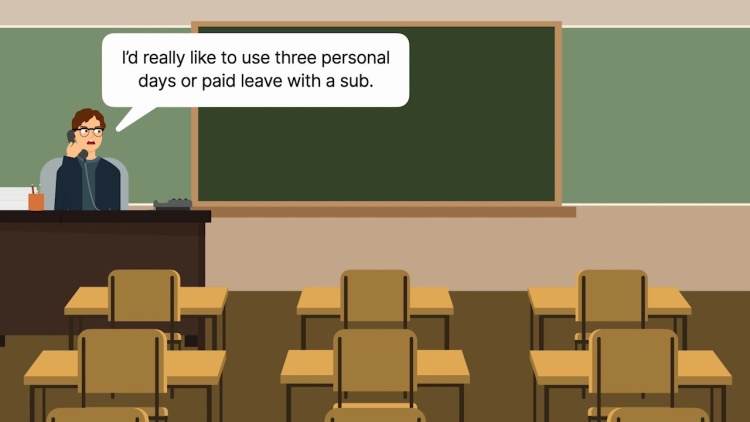Ansonia Board of Education v. Philbrook
United States Supreme Court
479 U.S. 60, 107 S. Ct. 367, 93 L. Ed. 2d 305 (1986)
- Written by Salina Kennedy, JD
Facts
Ronald Philbrook (plaintiff) was a high-school teacher employed by the Ansonia Board of Education (Ansonia) (defendant). Philbrook belonged to a church that prohibited its members from engaging in secular employment on certain holy days. This requirement caused Philbrook to miss six workdays per year. Ansonia’s policy allowed employees to take three days of paid personal leave annually for religious purposes. Philbrook offered to use ordinary holidays for the remaining three days’ leave or, in the alternative, to hire a substitute if Ansonia agreed to grant him three additional days’ leave. Ansonia refused these offers and instead allowed Philbrook to take three additional days per year of unpaid leave. Philbrook sued pursuant to § 701(j) of Title VII of the Civil Rights Act of 1964, arguing that Ansonia had failed to reasonably accommodate his religious beliefs. The district court assumed that Ansonia’s offer to allow Philbrook to take additional, unpaid leave was a reasonable accommodation of his religious needs. However, the court held in favor of Philbrook, reasoning that Ansonia was obligated to accept one of Philbrook’s proposed methods of accommodation as long as it would not result in undue hardship. The court of appeals affirmed, and the United States Supreme Court granted certiorari.
Rule of Law
Issue
Holding and Reasoning (Rehnquist, C.J.)
What to do next…
Here's why 907,000 law students have relied on our case briefs:
- Written by law professors and practitioners, not other law students. 47,100 briefs, keyed to 996 casebooks. Top-notch customer support.
- The right amount of information, includes the facts, issues, rule of law, holding and reasoning, and any concurrences and dissents.
- Access in your classes, works on your mobile and tablet. Massive library of related video lessons and high quality multiple-choice questions.
- Easy to use, uniform format for every case brief. Written in plain English, not in legalese. Our briefs summarize and simplify; they don’t just repeat the court’s language.





